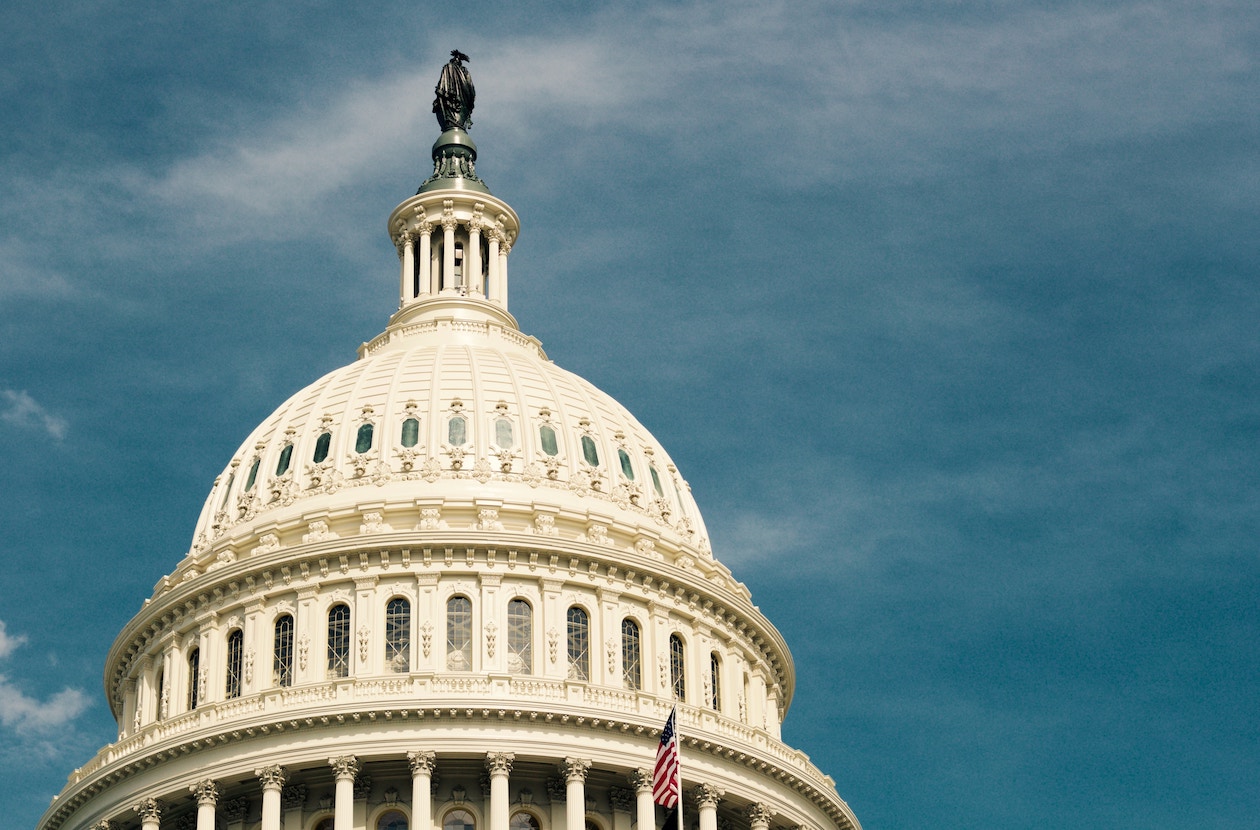The Department of Labor “Fiduciary Rule” requires those who advise people on their retirement plans to act in their clients’ best interests when they provide investment advice for compensation. While partially “implemented” on June 9, 2017, the DOL rule’s complete implementation has been further delayed until July 1, 2019. During the interval, however, there are actions employers and other plan sponsors should consider taking now to proactively minimize risk exposure until a final measure is in effect.
What the DOL Rule Impacts
When the DOL fiduciary rule was announced, media coverage focused on how the rule would impact broker-dealers, financial advisors and insurance agents. Many investment firms changed their compensation plans and advisors adjusted fee schedules to better ensure their clients’ needs and interests drove recommendations.
With so much focus on individual accounts, many employers who are retirement savings plan sponsors did not recognize that the rule affected their role as a fiduciary and how they administer their plan. But, as currently written, it does impact both the administrator and sponsor on 401(k), 403(b), simplified employee pension, employee stock ownership and some defined benefits plans. Furthermore, plan sponsors have been held as fiduciaries since the Employee Retirement Income Security Act was implemented over 40 years ago. Accordingly, plan sponsors need to ensure their plan design, investment education materials and any financial advice offered through the plan takes the fiduciary rule into account.
Reasons for the Delay
The DOL rule was developed during former President Barack Obama’s term, but implementation was postponed by President Trump. The current administration implemented the requirement that advisors act impartially in clients’ best interest last year. While advisors are supposed to comply with those standards now, it is disclosure requirements and the actual enforcement that are being delayed. The DOL announced that it “will not pursue claims against fiduciaries working diligently and in good faith to comply.”
The Labor department announced that the extra time is necessary to reassess the rule’s impact. Additionally, they want to coordinate any new investment advice rules with the Securities and Exchange Commission as well as insurance regulators at the state level.
Actions to Take Now
The delay and likelihood of further changes should not encourage advisors and sponsors to wait. Final regulations are not likely to remove the obligation to serve as a fiduciary, particularly for plan sponsors. Moreover, while the DOL is not pursuing claims, there is always the likelihood of litigation from employees who believe their plan sponsor did not act in their best interest. There are plenty of precedents.
As fiduciaries, plan sponsors need to:
- Monitor service providers, HR personnel and others involved with the plan to make sure they comply with this new rule. That includes monitoring those who interact with your plan participants to ensure that the participants are not receiving conflicted advice regarding retirement planning and how to handle assets post-retirement.
- Keep detailed records on plan management and particularly considerations into choices of funds to offer, especially with regard to fees, to demonstrate – if required – how decisions were made.
- Take another look at the investment education materials available to plan participants. Educational materials can offer general advice based on risk factors or age, such as suggesting a balanced portfolio with asset class examples versus advice on specific funds. Individualized advice should only be provided by persons acknowledged as fiduciaries allowed to do so.
- Stay informed and proactive with implementing changes and explaining the reasons for them to employees. Let them know how funds are selected and other pertinent information so they are aware of the plan sponsor’s role as a fiduciary.
Get Impartial Help
The fiduciary rule is more complex than it sounds, as demonstrated by the lengthy delays. Sponsoring a retirement savings plan that meets participant needs and is a cost-effective use of benefits is also very complicated. Expert advice from an independent Registered Investment Advisor, not tied to any particular fund family, a bank or the plan administrator, such as PlanPILOT, can be invaluable.
PlanPILOT’s holistic approach helps sponsors reduce their governance and oversight risks with a comprehensive look at the design, education, regulatory effects and more. For more information, contact us at (312) 973-4911.
Related Posts
 Why Plan Sponsors Should Hire a Retirement Plan Consultant - Learn why plan sponsors choose to work with a retirement plan consultant, as well as a few of the questions you'll want to ask if… ...Read More
Why Plan Sponsors Should Hire a Retirement Plan Consultant - Learn why plan sponsors choose to work with a retirement plan consultant, as well as a few of the questions you'll want to ask if… ...Read More What Plan Sponsors Should Know About the Plan Document - Why is the retirement plan document so important, and what elements should be included in your organization's plan document? ...Read More
What Plan Sponsors Should Know About the Plan Document - Why is the retirement plan document so important, and what elements should be included in your organization's plan document? ...Read More Evaluating Your Plan’s Recordkeeper - Learn more about the role a plan recordkeeper plays and some of the factors plan sponsors should consider when choosing and evaluating a recordkeeper. ...Read More
Evaluating Your Plan’s Recordkeeper - Learn more about the role a plan recordkeeper plays and some of the factors plan sponsors should consider when choosing and evaluating a recordkeeper. ...Read More
